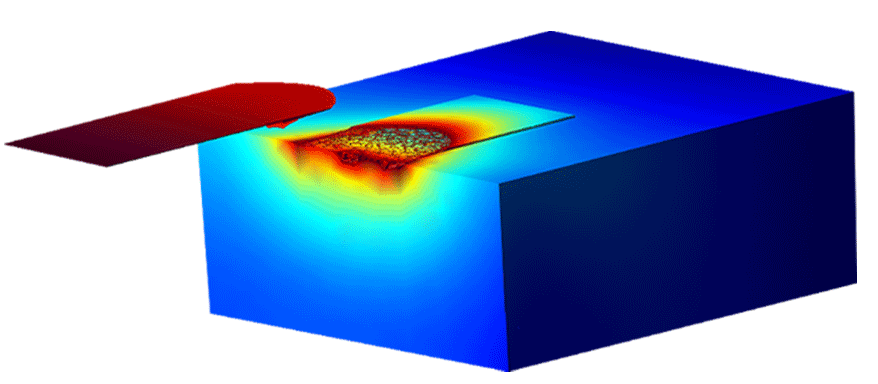Objectives
The last decade has seen an increased interest of the computational mechanics and numerical analysis communities in expanding classical discretization methods, like finite elements. A variety of techniques aimed at improving the overall computational efficiency by simplifying the discretization of the domains and accounting for special features of the problem directly in the approximation space have been developed.
These efforts have been very fruitful, with a vast variety of new ideas being introduced and consolidated by new research results. A partial and non-exhaustive list of all these methods may include the partition of unity methods (Meshfree and XFEM/GFEM to recall the most known), local/global non-intrusive coupling and patch methods, fictitious domain methods, strong discontinuity approaches for fracture mechanics and special treatments of interfaces. The common denominator of all these techniques is to account for features of the solution by suitably modifying the discretization procedure and/or the approximation space. X-DMS 2015 continues and replaces the successful X-FEM conference cycle and aims at including a wider variety of methodologies coming from different areas of computational mechanics and numerical analysis. This new conference cycle intends to gather all scientists working on these techniques so to foster the exchange of ideas among different approaches and discuss about open issues and their possible solution.
Conference Topics
The conference topics include fundamental research, applications and computational studies devoted to the progress of extended and specialized discretization methods such as, but not limited to:
- Partition of Unity methods (Meshfree, XFEM/GFEM);
- Patch Methods;
- Fictitious Domain Methods;
- Strong Discontinuity Approaches (SDA);
- Local/Global Non-Intrusive Coupling;
- Finite Cell Methods;
- Multiscale Discretization;
- Special techniques for static and evolving interfaces;
- Crossover approaches, such as integration of PUFEM with isogeometric method.
|
 |
Call for Papers
Contributors to the field are invited to submit original research contributions in the area of the conference topics.
The deadline for registration and submission of an abstract can be found in the important dates section.
Instructions for authors are available here.



